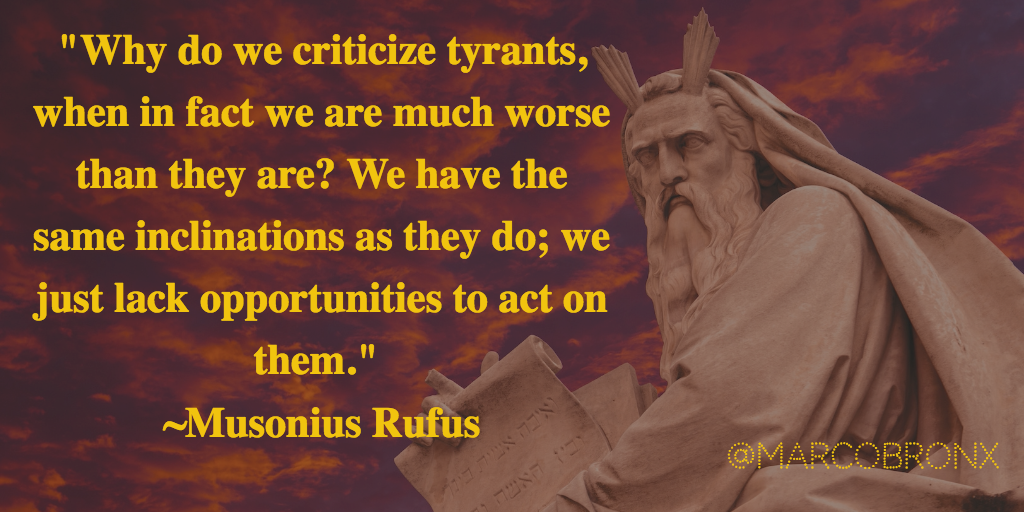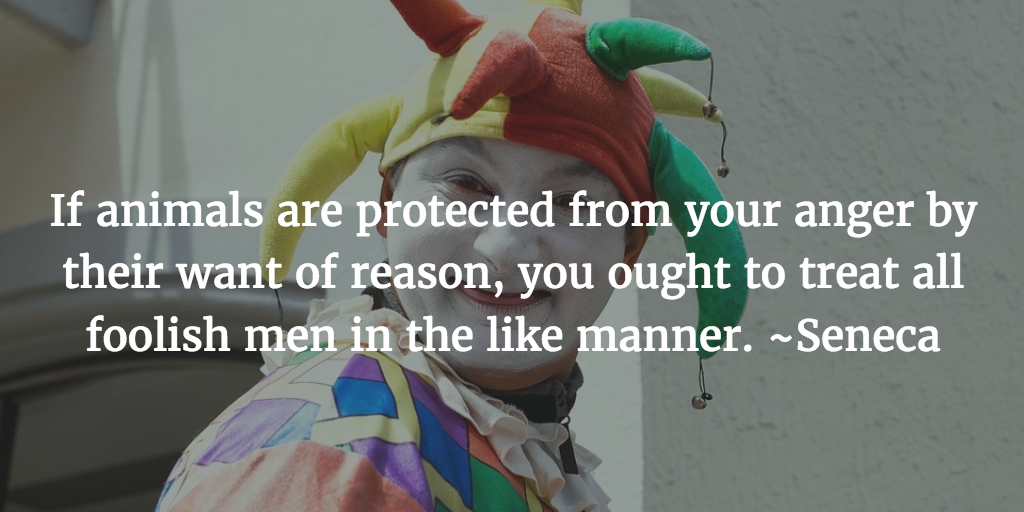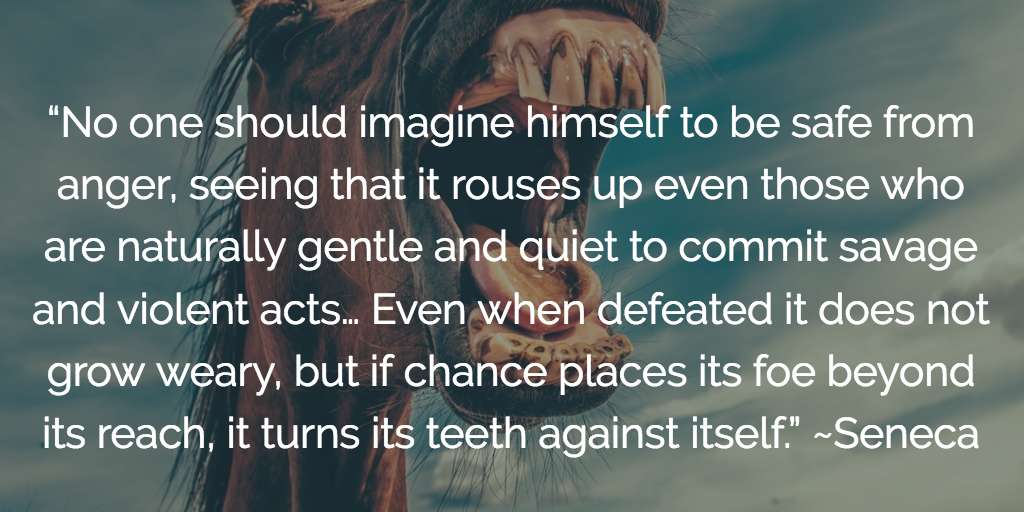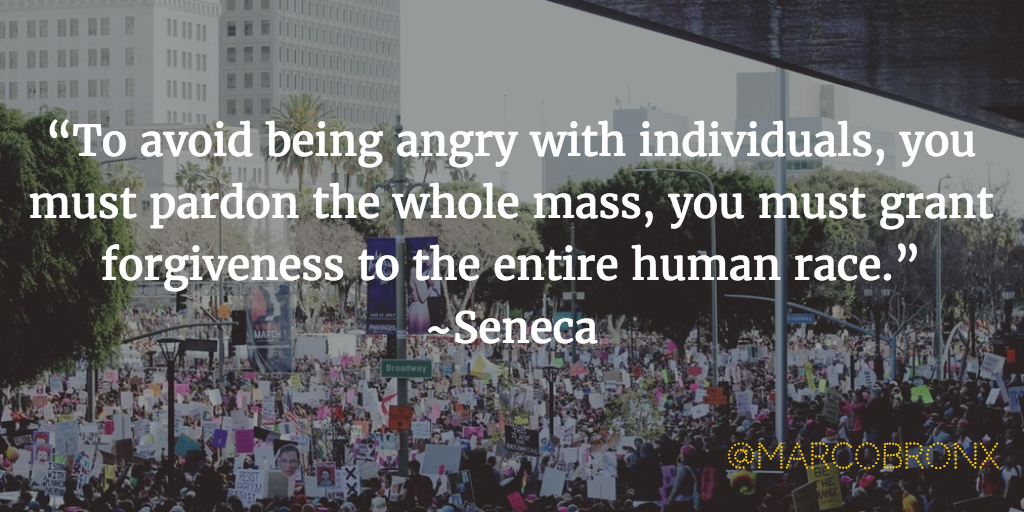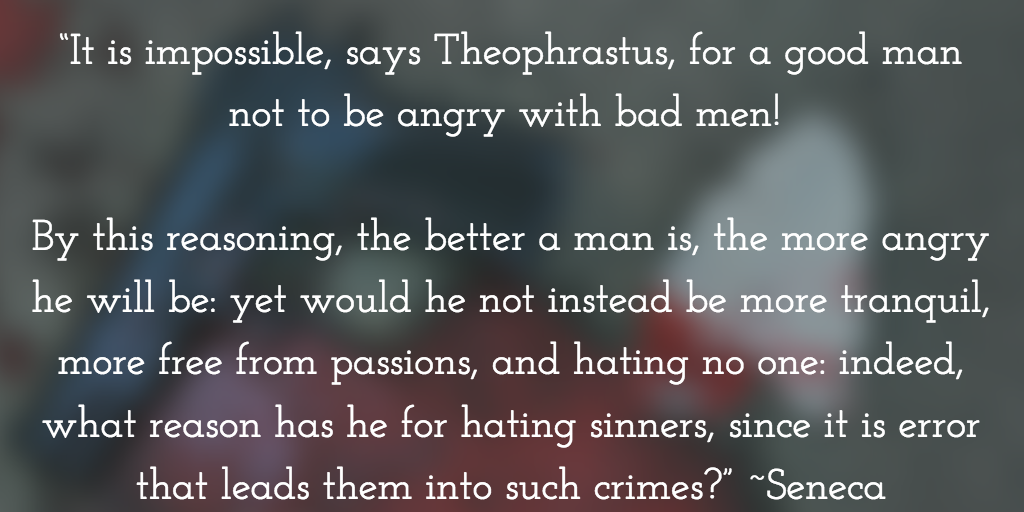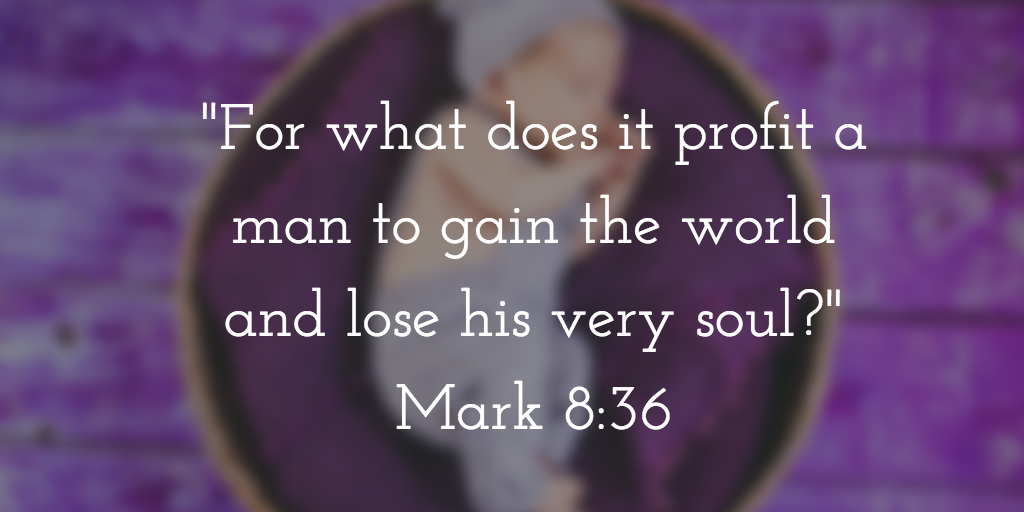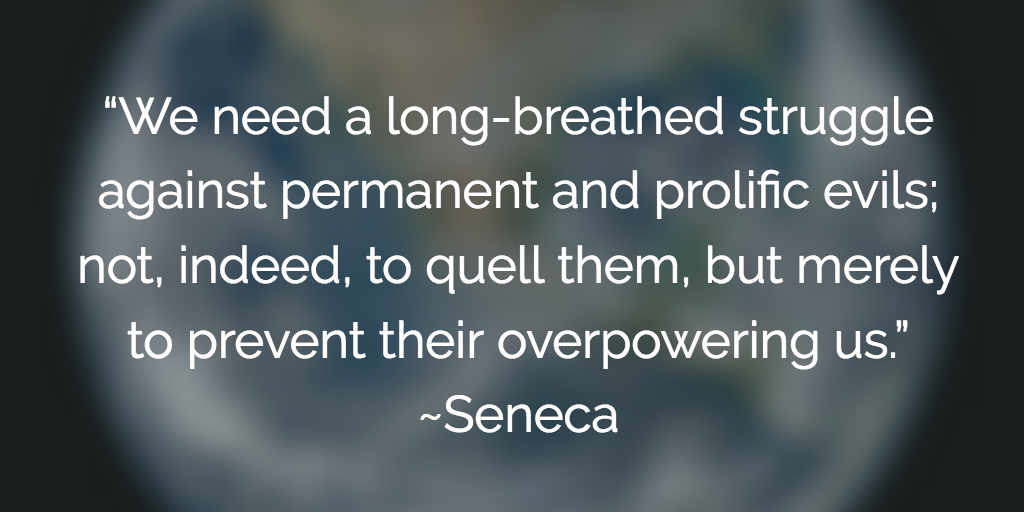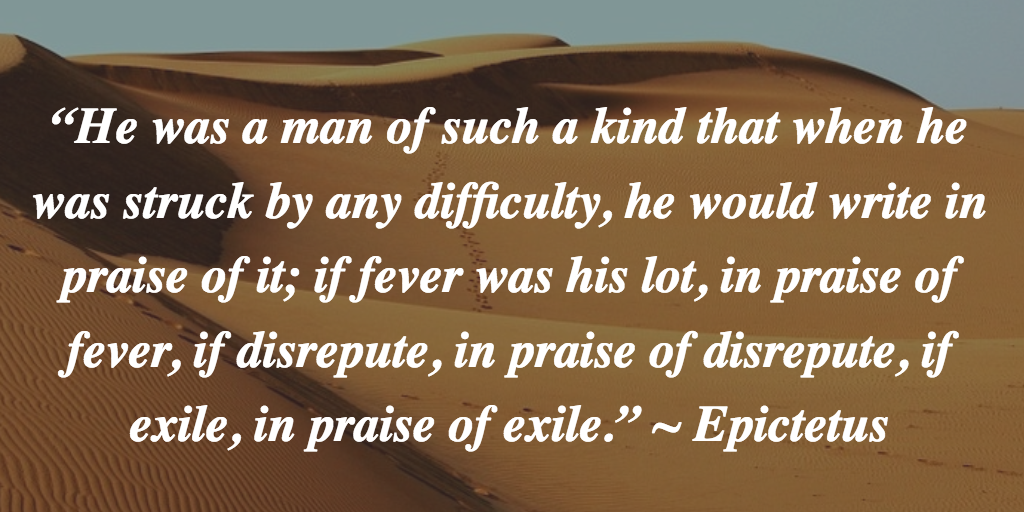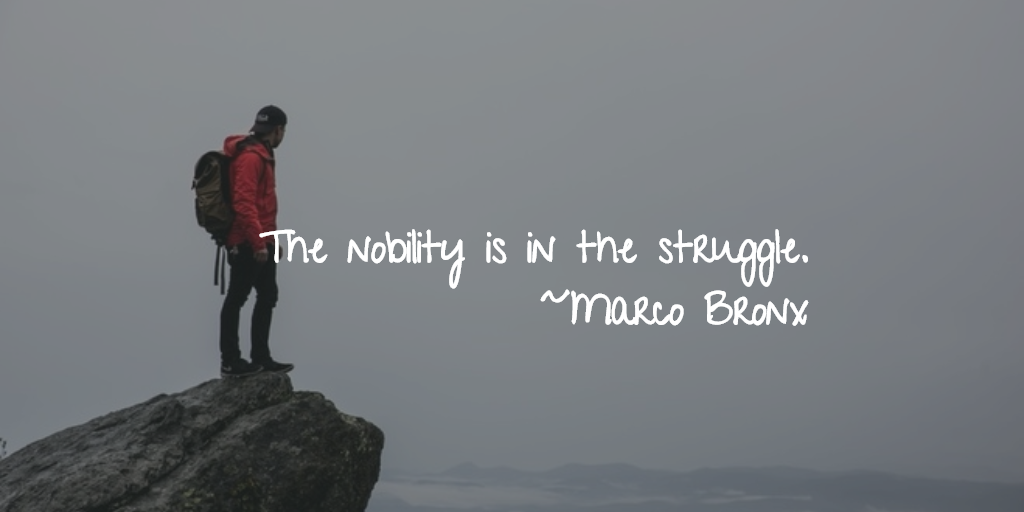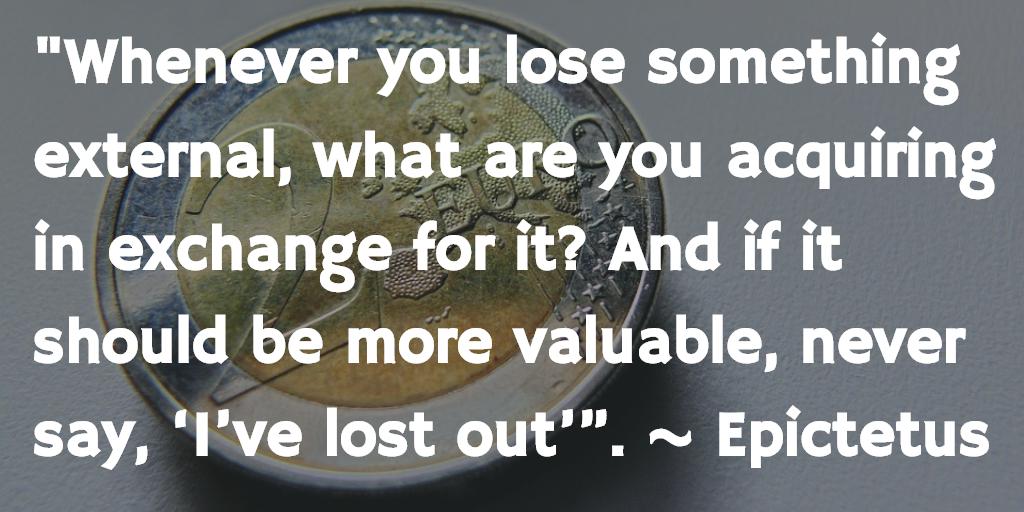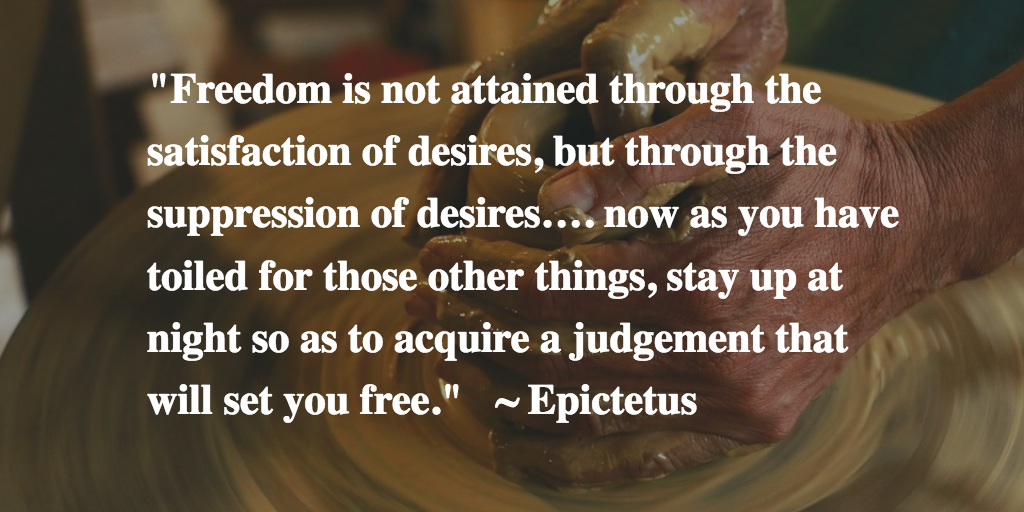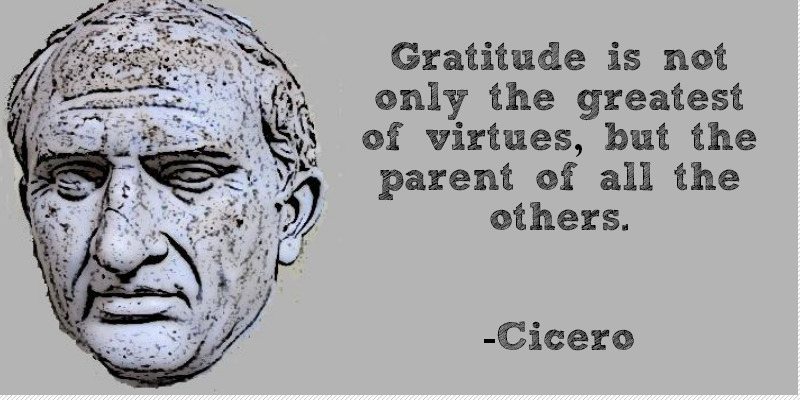Serious question: when is outrage appropriate? Because I’m a progressive democrat and Donald Trump is now president of the United States.
As I write this, my Facebook feed is falling apart. I’ve seen videos of riots in the streets, people punching each other in the face, friend unfriending friend, and many deleting their accounts from pure overwhelm.
Facebook has fallen into a never-ending cycle of clickbait headlines, arguments, and my friends, both republican and democrat, trading barbs via links from their favorite news of the day.
But I’ve yet to flip my shit, crap on a Trump sign in public or try to eat someone’s face off who smugly laughed at the stunning loss of Hillary Clinton. In fact, I’ve been pretty damn calm… I actually went to sleep around midnight on November 8, before it was clear to me that Trump would win.
Impossible you say?
Maybe you think I’m an older white man who needs to check his privilege, or I just don’t get the importance of what we just voted into office. Because if I did understand, I should be fucking furious, I should feel devastated and already planning my move to Canada.
***
On November 9th, my wife woke up in tears and asked me why I seemed so positive. Then she then threw me out of the room when I tried to tell her.
But if she weren’t so upset, I’d tell her the answer to that question is Stoicism.
“Is it possible, then, that shameless men should not be in the world? It is not possible. Do not, then, require what is impossible. For this man also is one of those shameless men who must of necessity be in the world. Let the same considerations be present to thy mind in the case of the knave, and the faithless man, and of every man who does wrong in any way.” – Marcus Aurelius
Isn’t it immoral to stand by calmly amidst such unrest? Isn’t this the time we take to the streets and shout at the top of our lungs that this is unacceptable? Where should the line of acceptance fall? While I’m disappointed by Trump’s divisive win and concerned for our future, the more important question for me is how SHOULD we respond?
I think this post-election period presents us with a unique opportunity to ask ourselves what is the wisest, most ethical way to handle a now wide-spread, increasing rivalry in our country. Because as Marcus Aurelius points out, there will always be shameless men and women in our world, so let’s not wish for the impossible now… it won’t help.
Why Be Against Outrage?
As a type-A, I used to think there are times when action powered by anger would help me obliterate any obstacles in my path and that it made me more resourceful. But 10 years ago, I permanently crippled my health and I suspect it’s because I lived with so much stress and anger.
Today I believe that anger – while useful at times – should never be indulged in, even in the slightest degree, if at all possible.
So if not now… then when? What if someone insults you, you might ask?
Seneca would respond, “THANKS my good kinsmen! For giving me so generous a part that I can love, though not beloved.”
Well isn’t that nice Mr. Holier-than-thou… ok, you say, so what if you’re having a heated argument and then she SPITS on you??
Seneca might calmly whisper to himself, “well… that’s how it seemed to her.”
Haaa, yeah right! Ok fine, you self-righteous sally… then, what if someone kills your wife??? What are you gonna do then?!
“To feel anger on behalf of one’s friends does not show a loving, but a weak mind: it is admirable and worthy conduct to stand forth as the defender of one’s parents, children, friends, and countrymen, at the call of duty itself, acting of one’s own free will, forming a deliberate judgment… not in an impulsive, frenzied fashion. (But) no passion is more eager for revenge than anger, and for that very reason it is unsuited to obtain it: being overly hasty and frantic, like almost all desires, it hinders itself in the attainment of its own object, and therefore has never been useful either in peace or war: for it makes peace like war, and when in arms forgets that (the god of War) Mars belongs to neither side, and falls into the power of the enemy, because it is not in its own power.
In the next place, vices shouldn’t be placed into common use just because they’ve succeeded occasionally: for fevers are also good for certain kinds of ill-health, but nevertheless it is better to be free from them altogether: it is a hateful mode of cure to owe one’s health to disease. Similarly, although anger, like poison, or falling headlong, or being shipwrecked, may have done some good unexpectedly, yet it should not on that account to be classed as wholesome, for poisons have often proved good for health.“ ~Seneca
…And to those of you who say at very least, the ACT OF PUNISHMENT for the murder of your wife is justified by anger:
“Do you think that the law is angry with men whom it does not know, whom it has never seen…? We ought, therefore, to adopt the law’s frame of mind, which does not become angry, but merely defines offenses… as Plato says, ‘no wise man punishes any one because he’s sinned, but that he may sin no more: for what is past can’t be recalled, but what is to come may be checked.’”-Seneca
Almost makes you angry reading that, doesn’t it? Look, I’m not saying you won’t feel any anger from such a horrific loss. Of course you would.
How could we all NOT be overcome by despair, anger and the passionate desire for revenge? I suspect even the best of us would fall into our darkest thoughts. Because we’re not robots. We’re human, highly fallible, subject to our passions at any given time and Seneca understood that, too.
The stoics realized the cold reality that we often can’t control our initial reactions, it’s beyond our reason…but we can control OUR RESPONSE to those initial reactions. And that, Epictetus adamantly affirms, is in our control.
The Biological Case Against Anger
Our amygdala is the main part of our brain where emotions, including anger, are processed. This part of our “lizard brain” is located deep in the medial temporal lobe. It evolved long ago to give us heightened sensitivity to dangers in our environment.
But if those emotions were left unchecked, we’d live in continual reaction to our fears and anger (yes, I know we’re not that far off now).
The prefrontal cortex is the area of our brain responsible for logic, reason, and judgment. It’s called the Executive Center because it regulates our emotions so when we freak out because we see a snake, we can also calm ourselves when we realize it’s just a garden hose. It’s only a recent development from an evolutionary standpoint but it’s higher function is housed in the frontal lobe of the brain.
That means in our brains, our emotional centers, and our rational centers are biologically separated from each other (and for good reason).
Because if we feel emotionally unbalanced, using our logic and reasoning skills literally uses a different part of our brain – the part that’s most likely to give us back calm and control. If we didn’t have a prefrontal cortex, we couldn’t rationalize ourselves to “calm down, because it’s just a garden hose.” We’d have to rely on the passage of time to bring us peace.
Even without the benefit of modern science, the Stoics observed how our powers of rational thought can be superior to our emotions. To them, rational judgment was divine.
So by making reasoned arguments against anger, the stoics wanted to create a new desire in themselves…a desire to NOT be angry. A desire to be rational – even if aroused by anger.
This is why Seneca fills an entire book called “On Anger”, in order to lay out his case against anger, using pure reasoning and explains why – in any situation – there is never a good enough reason to justify it.
If you haven’t read it yet, I can’t recommend it enough.
Not Your Typical Stoic
Like most people, I used to think a stoic person was just a cold-ass motherfucker who couldn’t feel any emotions or care less about other people…yes, I know lots of British people could fall into this category, too.
But I was pleasantly surprised to learn that contrary to the stereotype, Stoics were all about action and compassion. Because the stoics also reasoned that it’s in our nature to be social, just and compassionate.
Does the wise man just calmly sit back and do nothing? Of course not. Like the serenity prayer, they exercise the courage to change the things they can change, accept the things they can’t, and develop wisdom to know the difference.
As a progressive Democrat, action and compassion are very important to me because I can’t just sit back calmly and watch Rome burn.
And if we want to pursue justice, then shouldn’t reason prevail above all? Shouldn’t our moral values be born out of a compassionate motivation but also be tempered with wisdom and rational thinking?
If we act out of outrage, then we’re clearly not coming from a place of reason – literally or figuratively. And that’s a dangerous choice we’re making, even if we’re not aware of it – or especially because of it.
So as counterintuitive as it may sound, I don’t want to focus as much on what actions we can take in pursuit of justice.
Instead, I want to share some key coping strategies I’ve learned from Stoicism to help keep your sanity and be more effective (and trust me, this list is as much for me as it is anyone else).
STOIC COPING STRATEGIES TO KEEP YOU FROM GOING CRAZY:
Meditate on the Good
As soon as I open my Facebook or turn on the news, the worst, most clickbait-y headlines await me….lots of posts about racism, voter fraud, gun shootings, terrorism videos, illegal immigration, the middle east – and of course, Adolf Hitler is always a MUST-HAVE, crowd favorite.
At the same time, I’m also aware of the amazing and positive changes happening right now as I write this.
Incredible breakthroughs in biotech and technology that may cure common cancers and diseases, the coming revolution in transportation which brings with it the inevitable switch to alternative energy, regardless of who’s President (…no more wars?), and the fact that diverse philanthropic donations has never enjoyed such meteoric heights in our nation’s history.
Not enough?
How much would you miss your iPhone or Android if you couldn’t do remote deposits, email on the couch or candy crush during awkward social engagements? Or if you lost your left hand, how would you cook, use the bathroom, drive?
What about basic civil engineering like running water (hot AND cold), flushing toilets and the working electricity throughout our world that we use many times per day without a single thought? And finally, you live and breathe every day, despite having done nothing at all to deserve it.
There’s much to be thankful for at any given time – if you want. So if you’re feeling pessimistic, that’s a choice you’re making. This is not about seeing the good and ignoring the bad. This is about opening up and expanding your world view to see and accept both truths.
Buddhist monks who practice meditation are taught to use negative and positive visualization to stimulate compassion.
An example of negative visualization would be imagining that someone close to you was just in a car accident and she’s lying in your arms, suffering from terrible pain. By empathizing with the suffering of those we care about, our altruistic desire is awakened and exercised.
However, if they begin to feel overwhelmed by the idea their loved ones are suffering terribly, the counter technique is to visualize all the joy and happiness of others. To meditate on the many great people in the world who are helping a great number of people, in order to be filled with hope and optimism.
But should that joy overflow to the point of distraction, the monks will then bring their attention back to the suffering of others again.
In this way, they exercise and build their compassion without being overly attached to either suffering or joy. The ultimate goal for these monks is to build their compassion and use that to act accordingly in the service of others… without losing their sense of equanimity.
And just like the Buddhist monks, we’re also responsible for maintaining our equanimity by managing our focus. Because without that equanimity, we’re living in reaction to our environment and the goal of our action is lost.
Is the world full of terrifying pain and injustice? Of course. Is the world full of genuine grace, unconditional love, boundless joy and hallelujah? Yes.
As Tony Robbin’s says, “what’s wrong is always available, but so is what’s right.” It’s up to us to take the blinders off.
Not In My Control
Did you ever get angry because you haven’t figured out how to control the weather yet? Maybe it rained on your graduation day and after a few moments of huffing and puffing, you laughed at yourself.
Have you thought about how unfair it is that you’re getting older and you still can’t stop time? And regardless of whether you get angry at the sun or not, it will continue to rise and set every day.
Zeno, one of the original founders of Stoicism (think of him like the Justin Timberlake of his boy band), once compared humanity to a dog tied to a moving cart. The cart is like the wheels of fate moving onward. And the dog must run along with the cart or be dragged by it.
Yet the choice remains his.
So is it wise to be outraged by every murder and every murderer around the world? Should I be outraged that Genghis KHAAAAAAN! raped thousands of women and murdered 40 million people a thousand years ago?
Regardless if I get angry or not, shameless people will exist in the world, tyrants will be in power at times, bad policy will be enacted and the powerful will oppress the powerless.
History will repeat itself in many ways and I can choose to accept this truth or be dragged by it.
A comedian I saw at Comedy Cellar once joked that it’s almost impossible to be a racist if you live in New York City because you’d be exhausted by the end of the day. There’s a lot of wisdom to that.
Because if you think the right answer to every injustice is more outrage, then prepare to be outraged all day, every day.
There are lots of things I don’t have control over. The movement of the planets, the passage of time, life and death, people’s behaviors and feelings. In fact, my sphere of influence is very small and while that may sound defeatist, it’s not only rational, it’s very freeing.
Because there’s no point worrying about what I can’t control or getting angry about it.
And that brings us to one of my favorite coping strategies…
It’s like having two separate folders in your mind. What you can control and what you can’t. Under the folder of “in my control” is your thoughts, your reactions, and your behaviors. Under the folder of what’s “not in my control” is everything else… and it’s the list of things you need to let go of.
Sometimes when I forget this lesson, I play a mental exercise: I meditate on trying to catch the wind.
How would I make the wind blow south even while the breeze drifts north? Can I push it with my hands? Can I pull it somehow? What tools could I use to influence it? How much progress could I make if I worked on it tirelessly for the next 3 months? 6 months?
After a few moments of trying to solve this impossible problem my mind clears up a bit and I remind myself that “this too, is like trying to catch the wind.”
The Trichotomy of Control
I should mention here that modern stoicism recognizes the gray area between what’s in our control and what isn’t. Or rather, it underscores it more because it’s still discussed in the original stoicism.
This third folder is called “some control”.
An example from Epictetus is how we go about an ocean voyage. We can choose the captain, the cruise line, the date, the season and look at the forecasts. But if a storm strikes the boat on your way, then that’s “no longer my business” as he says. Because you’ve done your best to have a good voyage beforehand and now it’s up to the captain.
But what if the boat sinks? Then “I do the only thing I’m in position to do,” says Epictetus. To “drown – but fearlessly, without bawling or crying out to God, because I know that what is born must also die.”
Sounds like a lot of fun at parties, right?
As depressing as that sounds, the wisdom of it shines forth: that even when fate and fortune turn against us, it’s still our responsibility to do the best we can. And if we fail, we’re still expected to be in control of how we react.
The key is that it’s an internal compass, not external.
If your goal is to be a better athlete, it doesn’t matter whether you win or lose. It matters that you tried to improve your skill. If you want to conquer the fear of public speaking, it doesn’t matter that the audience hates you, it matters that you got up to speak and that you faced your fear with courage and inner calm.
And if your goal is to protest Trump policy… dare I say it?
It doesn’t matter whether the policy you were protesting changed or not, it matters that you tried, that you did it with thoughtfulness, courage and you maintained your inner peace.
Because if the goal is never outside your control, then you’re never derailed from your goal. You never stop. You don’t lose hope. You’re not discouraged.
You will have setbacks.
But when fortune turns against us – as it sometimes does – it just becomes more grist for sculpting our character. We become stronger because of it, not in spite of it… “what stands in the way, becomes the way”, as Marcus Aurelius said.
Because for him, the challenge isn’t what ultimately matters. It’s who we become that matters. This is the meaning behind his famous quote.
Whether you hate Trump or Clinton or anyone else in power, rather than wishing our society didn’t have leaders like them, shouldn’t we rather wish that we were strong enough to withstand leaders like them? And even be better for it?
It’s certainly noble to want to make the world a better place for our neighbor and our children, to want to ease the suffering of others. But in the end, we can only be certain of making ourselves better for the world.
So go ahead and protest, in whatever form you see best. There’s nothing more stoic than standing up for what’s right, even when reasonable people won’t support you. But do it without anger.
Either way, the choice is yours.
Take the Long View – Let Time Tell Its Story
I have a quirky, and maybe not so politically correct, theory about people. It’s that the more similar we are, the more we look for differences in each other.
Have you noticed how South Koreans hate North Koreans? Northern Chinese hate southern Chinese. Puerto Ricans hate Dominicans. Italians from the north hate Italians from the south and vice versa. Ok, maybe hate is a strong word, but they do look down on each other.
As an outsider, the rivalries of Haitians and Dominicans might seem trivial to me. But as a native New Yorker, the hatred for New Jersey is an immutable law of nature. Just… no.
As an American, I find the Australian rivalry funny between New South Wales and Victoria. I mean, COME ON! They’re from the same place for god’s sake! They speak with the same quirky accents, don’t they? They have to have more in common with each other than not!
Yet, as a New Yorker, I can get along easily with the Brits, Australians, South Americans, and Canadians. After all, we’re not that different, are we?
But if you asked me to visit rural Arkansas, Oklahoma City or Alabama…I’d probably hesitate more than a little bit. Because yanks like me blend-in with those good ole’ boys about as well as oil and water.
Yes, we’re all Americans, we all speak English and the fact that we live on the same continent seems significant…certainly, we’re much closer to each other than those in London, Sydney, Buenos Aires or Nova Scotia.
So why do we often get along better with strangers than our neighbors?
It’s like the closer we are, the more distance we seek. And the more distance we have, the more we want to travel to farther exotic nations and seek common ground.
So in my theory, the key motif to all these contradictions is the word distance. It’s funny to me as long as I’m the outsider. But when it lands too close to home, it starts to feel more threatening.
***
In the same way, I see all humanity.
When our identity is threatened, we want to emphasize our differences in order to reinforce our identities or re-establish our alpha nature by comparison. But when we have enough space, our self-importance fades.
But what if instead of expanding our space, we expanded our identity? Do we need physical distance in order to feel safe, to rise above our differences?
I don’t know if those Blues Travelers were stoics but their song “100 Years” sounds suspiciously like it. Because it won’t mean a thing in a 100 years – none of it. In 100 years, all these silly rivalries mean nothing when you see the rise and fall of entire civilizations, of empires, business empires, the generations of people being born, having kids, growing old and dying.
Do the people from 1,000 years ago affect your daily life? Like us, they lived, they ate, they loved, they fought, they had hopes, disappointments, and dreams…but as Marcus Aurelius says, “of all that life, not a trace survives today”.
In the same way, our actions, our hopes, and worries today will mean nothing to the people 10,000 years from now – assuming humans exist. In the grand scheme, we will all be forgotten – and those who remember us will be forgotten as well.
The stoics call this taking the long view. It goes beyond just meditating on the good.
It’s a way of creating cognitive distance. Of expanding our identity to a cosmic scale. Until – like a magnifying glass that’s suddenly removed – our field of view opens wide.
Marcus Aurelius (and yes, I get the irony he lived 2,000 years ago so shut up about it already) liked to meditate on the impermanence of nature. He’d reflect not only on the eons of time passing by, but space. By doing this the importance of the things he believed was important would lose their significance.
If we were to rise mentally above the earth high enough, it becomes a perfect sphere and the people smaller than ants. If we keep rising, we can begin to see the neighboring planets, the solar system, the galaxy, the neighboring galaxies and a swath of the expansive universe.
We can mentally see the existence of life rise and fall across the eons of time, from the single cell to the almost innumerable complex mammals, including humans… and in the future, the life forms yet to come. And yet, on a cosmic scale, we all share the same home and the same birth.
We can see the massive wheels of time turning, in synchronized motion with the clockwork of the cosmos and massive heavenly bodies. We become the ultimate outsider looking down on the smallest of things…our flash of existence in the thinnest measure of infinite time.
Are democrats to blame for the rise of Trump or are the republicans? Who cares? Let time tell its story. Is the stock market poised for a crash soon? Who knows? Let time tell its story. Is my friend a bigot because he voted for President Trump…what were his true motives after all?
Let time tell its story. In the final balance, the truth always becomes clearer.
And just like at the end of our short lives, when we’re on our death beds, our priorities change. Few things really matter. So too, should we live our lives.
Just as we gain cognitive distance from our problems to gain a better perspective, taking the long view cultivates our wisdom, patience, and equanimity.
Do I feel the need to read every explosive expose, or march in every protest or donate to all the causes my friends are promoting? No. While I believe it’s important for me to be a voice for good in the world, it also helps if I stay away from the conversation at times.
So when all else fails, this is one of my last lines of defense: I take the long view. I reserve my judgment and let time tell its story.
The headlines from both my friends and media alike are filled with fear and anger triggers. The question is always, “where’s the outrage?!” on X, Y or Z.
There are many reasons people want you to feel outraged… outrage drives traffic, outrage generates clicks, likes, comments, search rankings, mountains of ad revenue and allows them to exploit political opportunities endlessly.
But it’s said that the most dangerous person in the world is the one who’s happy. Because she can’t be manipulated into buying anything, she doesn’t need anyone’s approval, and she has no reason to hate her neighbor.
She’s dangerous because she’s mentally free. She’s dangerous because she can’t be controlled.
That’s why I believe no other issue confronting us today is more important than our anger, collectively and individually. In a time when outrage is so widespread and a rapidly growing trillion dollar currency, to be untroubled is a revolutionary act.
To be master of oneself is the greatest rebellion.
*Also published in edited form on Modern Stoicism.
